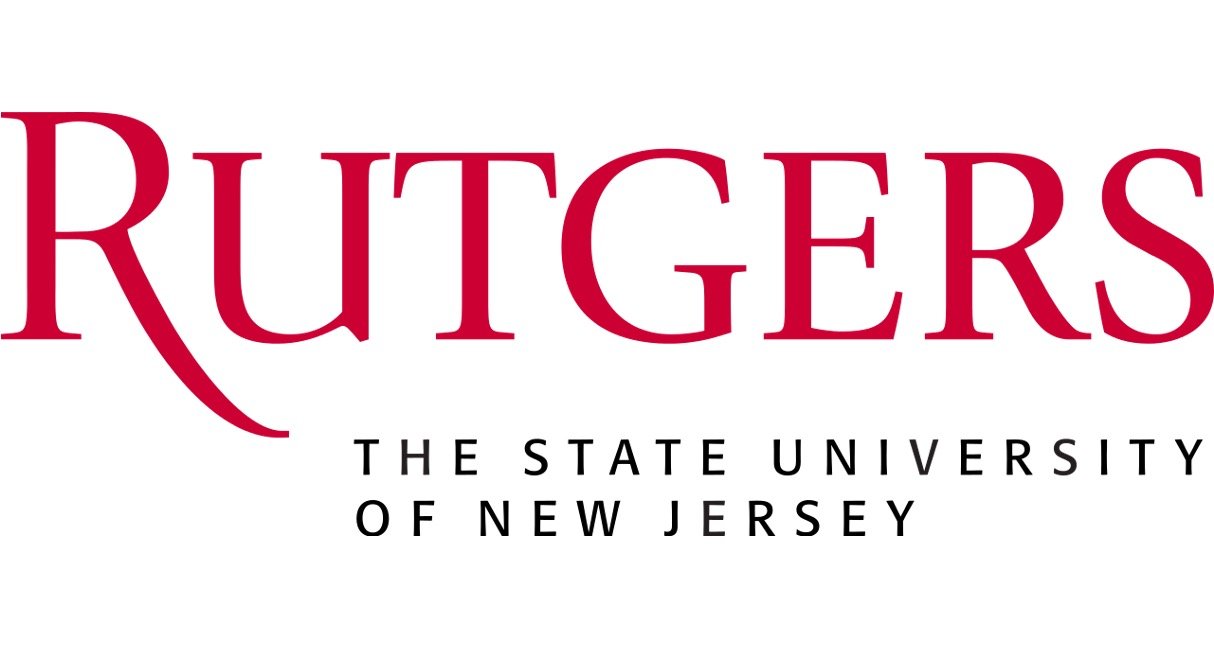About PhD Program,
Doctoral study in chemistry at Stanford University prepares students for research and teaching careers with diverse emphases in basic, life, medical, physical, energy, materials, and environmental sciences.
The Department of Chemistry offers opportunities for graduate study spanning contemporary subfields, including theoretical, organic, inorganic, physical, biophysical and biomedical chemistry and more. Much of the research defies easy classification along traditional divisions; cross-disciplinary collaborations with Stanford’s many vibrant research departments and institutes is among factors distinguishing this world-class graduate program.
The Department of Chemistry is committed to providing academic advising in support of graduate student scholarly and professional development. This advising relationship entails collaborative and sustained engagement with mutual respect by both the adviser and advisee.
- The adviser is expected to meet at least monthly with the graduate student to discuss on-going research.
- There should be a yearly independent development plan (IDP) meeting between the graduate student and adviser. Topics include research progress, expectations for completion of PhD, areas for both the student and adviser to improve in their joint research effort.
- A research adviser should provide timely feedback on manuscripts and thesis chapters.
- Graduate students are active contributors to the advising relationship, proactively seeking academic and professional guidance and taking responsibility for informing themselves of policies and degree requirements for their graduate program.
- If there is a significant issue concerning the graduate student’s progress in research, the adviser must communicate this to the student and to the Graduate Studies Committee in writing. This feedback should include the issues, what needs to be done to overcome these issues and by when.
Academic advising by Stanford faculty is a critical component of all graduate students’ education and additional resources can be found in the Policies and Best Practices for Advising Relationships at Stanford and the Guidelines for Faculty-Student Advising at Stanford.
Learn more about the program through the links below, and by exploring the research interests of the Chemistry Faculty and Courtesy Faculty.
PhD Program Degree Eligibility with GPA,
- Completion of a bachelor’s degree from a U.S. college or university accredited by a regional accrediting association; or
- Completion of an international degree that is equivalent to a U.S. bachelor’s degree from a college or university of recognized standing. Please see the minimum international education requirements.
- We do not require the following as part of admissions:
- A minimum GPA (grade point average)
- A minimum GMAT or GRE score
- Particular fields of undergraduate/graduate study
- A minimum level of work experience
- MBA or other graduate degrees
PhD Funding Coverage,
The PhD program provides a financial fellowship to qualified doctoral students that includes tuition, a living stipend, health fee coverage, and opportunities to hold research and/or course assistantships.
All incoming doctoral students are provided with financial aid for five years, provided they maintain satisfactory academic progress and meet program milestones. In 2024-25, new incoming students will receive a stipend in the amount of $54,210.
Living expenses for Stanford GSB depend on a number of factors, such as whether you are married, have children, or own a car, and how you spend your leisure time. For more information on the estimated tuition and living expenses, please see the Stanford Office of Graduate Admissions’ Estimated Expense Budget.
Application Requirement,
A complete application includes:
- Statement of Purpose
- Resume or CV
- Three letters of reference
- GMAT or GRE score
- TOEFL score(if applicable)
- Uploaded official transcripts
- Submitted online application
Application Deadline,
Dec 02, 2024
Application Fee,
- $125 application fee


